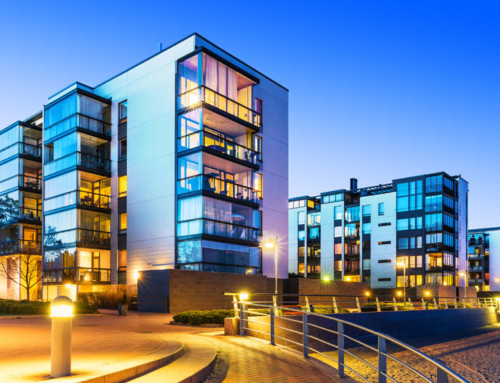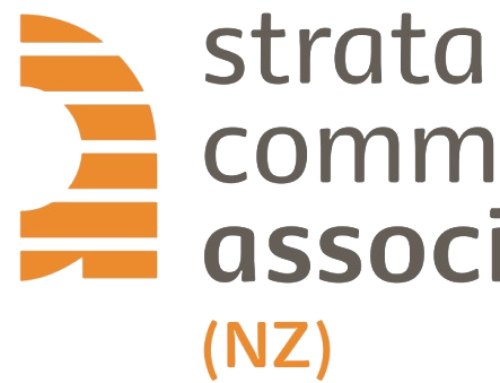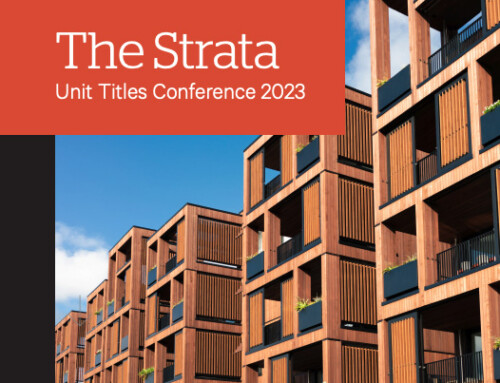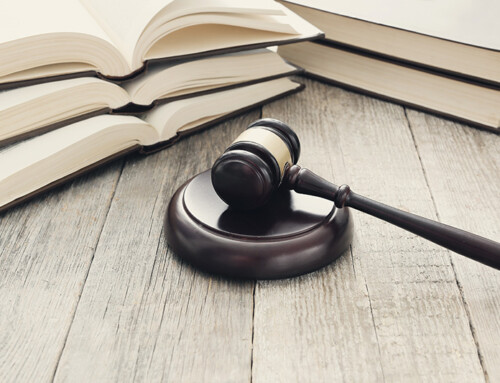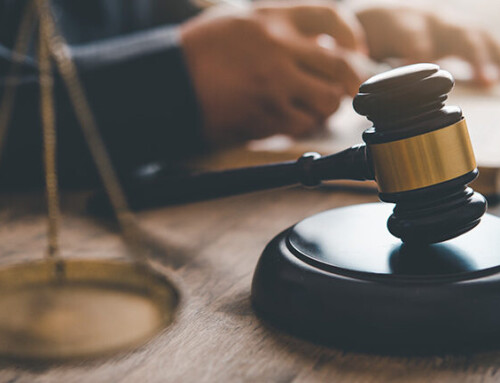
As president of Strata Community Association NZ, we back the use of drones being used to inspect high rise residential apartment buildings across the country but a plan is needed to ensure regular drone use does not open the door to “peeping Tom” drones, especially ones carrying recording capabilities.
(Read the stuff.co.nz featured article here and below):
A group representing apartment and unit owners is concerned about the misuse of drones to peep into people’s private lives.
Strata Community Association NZ backs the use of drones being used to inspect high rise residential apartment buildings across the country.
But its president Joanne Barreto, says a plan is needed to ensure regular drone use does not open the door to “peeping Tom” drones, especially ones carrying recording capabilities.
With companies from GoPro to Dominos Pizza making big leaps with drone technology, Barreto said it was clear drones were here to stay.
READ MORE:
* New rules for drones balance safety and the potential for wider use
* New body corporate sector group SCANZ aims to rein in “rogues”
And she accepted drones could also mean big savings when it came to reducing costs for inspections and the scaffolding needed for some maintenance.
But with about 90,000 apartments set to spring up in Auckland over the next few years, Barreto said privacy was “the elephant in the room”.
“We are aware of incidents where drones have been used purely for the purpose of spying on others and invading their privacy and we want lawmakers to recognise that their widespread use needs to be addressed in law.”
A working committee which includes Barreto is assisting a government review of apartment and body corporate laws.
But Barreto says the review is unlikely to address drones. New rules imposed by Civil Aviation Authority rules last year also did not tackle the subject.
“While we are comfortable that the Civil Aviation Authority can regulate safety, we are very clear on the fact that they cannot regulate privacy so we urge lawmakers to prioritise this matter immediately.”
She encouraged body corporate managers and residents to make notes about the presence of a drone, including the time and for how long. Using professional drone operators were recommended.
“Things like height restrictions, time of use and the level of experience required to operate a drone were at the top of the list for a reason when laws were redrafted this time last year so we encourage communities to engage with a professional.” she said.
A spokeswoman for the Civil Aviation Authority said its rules, combined with the Privacy Act and local council regulations, were enough to protect people’s safety and privacy.
“It’s important to balance the rights of residents to privacy with the rights of individuals to fly these kinds of aircraft. We think the current rules and regulations strike the right balance,” she said.
CAA laws for drones or “remotely piloted aircraft”
* must fly no higher than 400 feet above ground
* must get permission of people they would fly over.
* can only fly during daylight
Exceptions can be sought from more professional operators.


